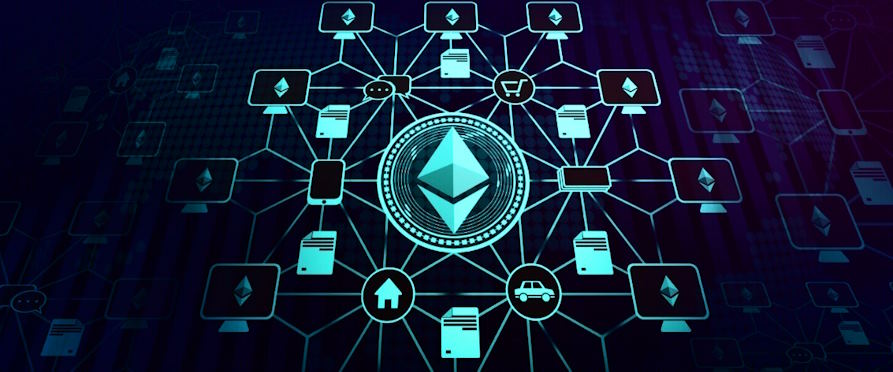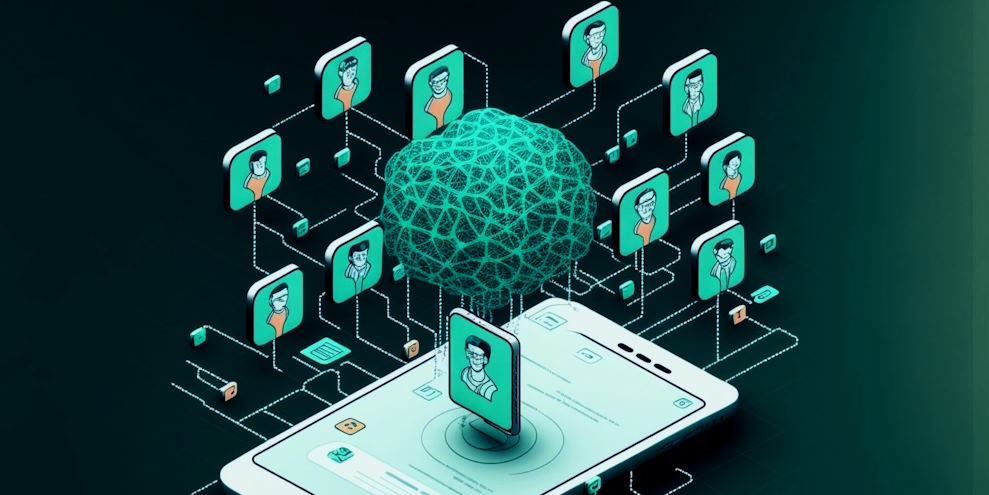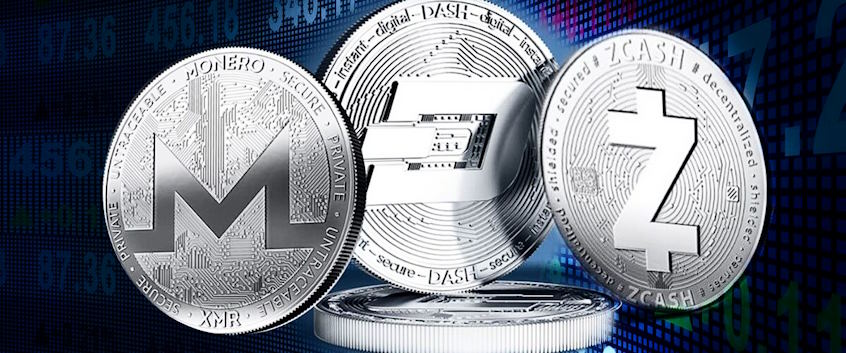Blockchain technology has paved the way for developing decentralized applications (DApps), transforming the software development landscape. Unlike traditional applications that rely on centralized servers and intermediaries, DApps leverage the power of blockchain’s decentralized and transparent nature to provide users with enhanced security, privacy, and control over their data. In this article, we will explore the concept of decentralized applications, their key features, and the potential they hold in shaping the future of software development.
Understanding Decentralized Applications
Definition
Decentralized applications are software applications that operate on a peer-to-peer network of computers or nodes, rather than relying on a central authority. These applications leverage blockchain technology, which ensures transparency, immutability, and security, to enable direct user interactions without intermediaries.
Key Features:
Decentralization
DApps are built on decentralized networks, which means a single entity or authority does not control them. It eliminates single points of failure and reduces the risk of censorship or data manipulation.
Transparency
Using blockchain technology in DApps provides a transparent and immutable record of all transactions and interactions within the application. This transparency enhances trust and accountability.
Security
DApps use cryptographic techniques to secure data and transactions, ensuring the integrity and confidentiality of user information.
User Control
Unlike traditional applications where user data is stored on centralized servers, DApps give users control over their data. Users can choose what data to share, who can access it, and revoke permissions at any time.

Potential Applications of Decentralized Applications
Finance and Banking
Decentralized finance (DeFi) is one of the most prominent use cases for DApps. DeFi applications enable peer-to-peer lending, borrowing, and trading of digital assets, eliminating the need for traditional financial intermediaries.
Supply Chain Management
DApps can revolutionize supply chain management by providing transparent and traceable product origins, certifications, and transaction records. It ensures supply chain integrity, reduces fraud, and enhances consumer trust.
Governance and Voting Systems
DApps can create transparent and tamper-proof governance and voting systems. It enables more inclusive decision-making processes, with voting records stored on the blockchain for increased transparency and auditability.
Social Media and Content Platforms
DApps can offer alternatives to traditional social media platforms by empowering users to control their data and rewarding content creators directly through tokenized incentives.
Gaming and Virtual Worlds
DApps can create decentralized gaming platforms where in-game assets and transactions are recorded on the blockchain, allowing players to own and trade virtual assets.






